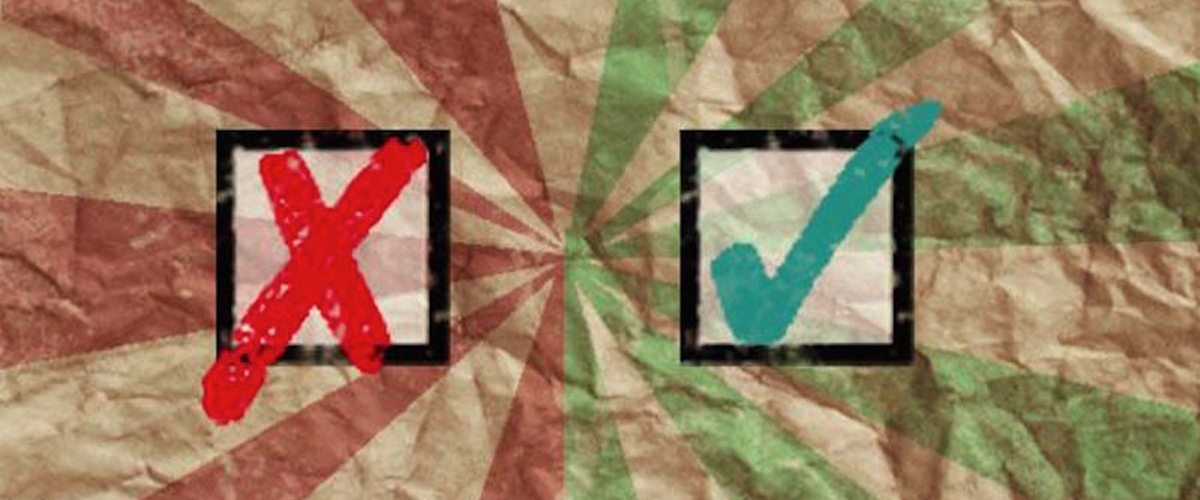According to a new poll, American voters are in strong support of medical marijuana for both veterans suffering from PTSD and for adults with a doctor’s recommendation.
Americans have fully recognized and embraced the therapeutic benefits of cannabis, says a new poll by Quinnipiac University. According to the poll, 89 percent of voters in the United States believe that adults should be allowed legal access to medical marijuana when a physician prescribes it.
Cannabis’ therapeutic benefits are now more understood, as over the past decade in particular medical research has made intriguing discovers about plant’s cannabinoids and their medicinal properties. Marijuana has been shown to limit the progression of Alzheimer’s and Parkinson’s diseases, reduce debilitating seizures, manage spasms, reduce pain, control nausea and vomiting, minimize damage caused by traumatic brain and spinal cord injuries, and limit the growth or kill cancer cells.
Twenty-four states and Washington D.C. have adopted medical marijuana legislation. Pennsylvania was the latest to approve comprehensive medical marijuana legislation after Governor Tom Wolf signed SB 3 into law on April 17, and several states are expected to vote on medicinal cannabis legislation this November.
“The fact that a majority of American voters favors legalizing marijuana in general shows how attitudes about the drug have changed.” said Tim Malloy, assistant director of the Quinnipiac University Poll, in a statement.
The poll also shows that U.S. voters strongly support veterans allowed access to medical marijuana, as 87 percent responded that U.S. Veterans Administration doctors should be allowed to prescribe marijuana in pill form to veterans suffering from post-traumatic stress disorder (PTSD).
A common condition among war veterans who have experienced traumatic events, PTSD involves uncontrollable flashbacks and anxiety. Research has shown that marijuana can lessen the emotional impact of traumatic events and help those with PTSD experience less anxiety and fear and improve sleep quality.
“If you serve your country and suffer for it, you deserve every health remedy available, including medical marijuana in pill form. That is the full-throated recommendation of Americans across the demographic spectrum, including voters in military households,” said Malloy. “Post-Traumatic Stress Disorder is debilitating and life-threatening. The response from voters should take political considerations out of the debate and allow doctors to do what’s best for veterans.”
Veterans Affairs doctors have long been prohibited from prescribing medical marijuana or recommending it to veteran patients. However, in March, Congress approved bills that lifted those restrictions in states with state-sponsored medical marijuana programs, and in April, the Drug Enforcement Administration gave the go-ahead for a clinical trial to examine marijuana’s effect on PTSD.
Of the 24 states that have adopted medical marijuana legislation, only six (Arizona, Connecticut, Delaware, Maine, New Mexico, and Pennsylvania) explicitly include PTSD as a qualifying condition. California, Massachusetts and Washington D.C., however, allow medical marijuana to be recommended for any condition to which a physician believes will be beneficial.
Quinnipiac University Polls are directed by Douglas Schwartz, Ph.D. For this poll, Quinnipiac University surveyed 1,561 registered voters throughout the United States via live phone calls from May 24-30.






